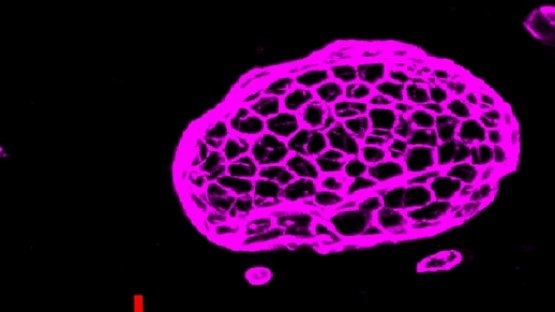Research Overview
Recent findings from a clinical trial conducted by Weill Cornell Medicine and NewYork-Presbyterian suggest that brain imaging can help identify young adults who are likely to benefit from a self-guided anxiety care app. This analysis indicates that individuals with weaker neural connections in specific brain regions related to anxiety management may experience greater improvements when using the app.
Study Details
- The study, published on July 31 in JAMA Network Open, analyzed data from participants who underwent brain MRI scans prior to using the app named Maya.
- Maya serves as a digital platform for cognitive behavioral therapy (CBT), offering users tools to manage anxiety through interactive videos, exercises, and educational content.
- Initial results from a trial involving 59 participants indicated a reduction in anxiety symptoms for many users.
Key Findings
According to Dr. Faith Gunning, the senior author of the study:
- Participants with weaker connections in brain networks associated with anxiety regulation were more likely to show symptom improvement after using the app.
- This aligns with the principles of CBT, which aims to teach individuals how to better manage their emotional responses.
Target Audience
The Maya app was developed to address significant gaps in mental health care access for young adults aged 18 to 25, a demographic particularly vulnerable to anxiety disorders. Many in this age group face:
- Life transitions that may trigger anxiety.
- Challenges in accessing affordable in-person mental health services.
- Stigma surrounding mental health issues, which may deter them from seeking help.
Trial Methodology
During the clinical trial, participants used the app twice a week for six weeks, with their symptoms monitored for an additional six weeks. Key outcomes included:
- Significant reductions in anxiety symptoms throughout the 12-week period.
- Some participants continued using the app beyond the trial, experiencing lasting improvements.
Implications for Future Treatment
Dr. Abhishek Jaywant, the first author, emphasized that understanding brain function patterns can enhance the effectiveness of app-based treatments for anxiety. The study’s findings may eventually guide clinicians in recommending the Maya app to those most likely to benefit.
Conclusion
As anxiety can severely impact young adults during critical life stages, matching them with effective therapies like the Maya app is essential for improving mental health outcomes.
